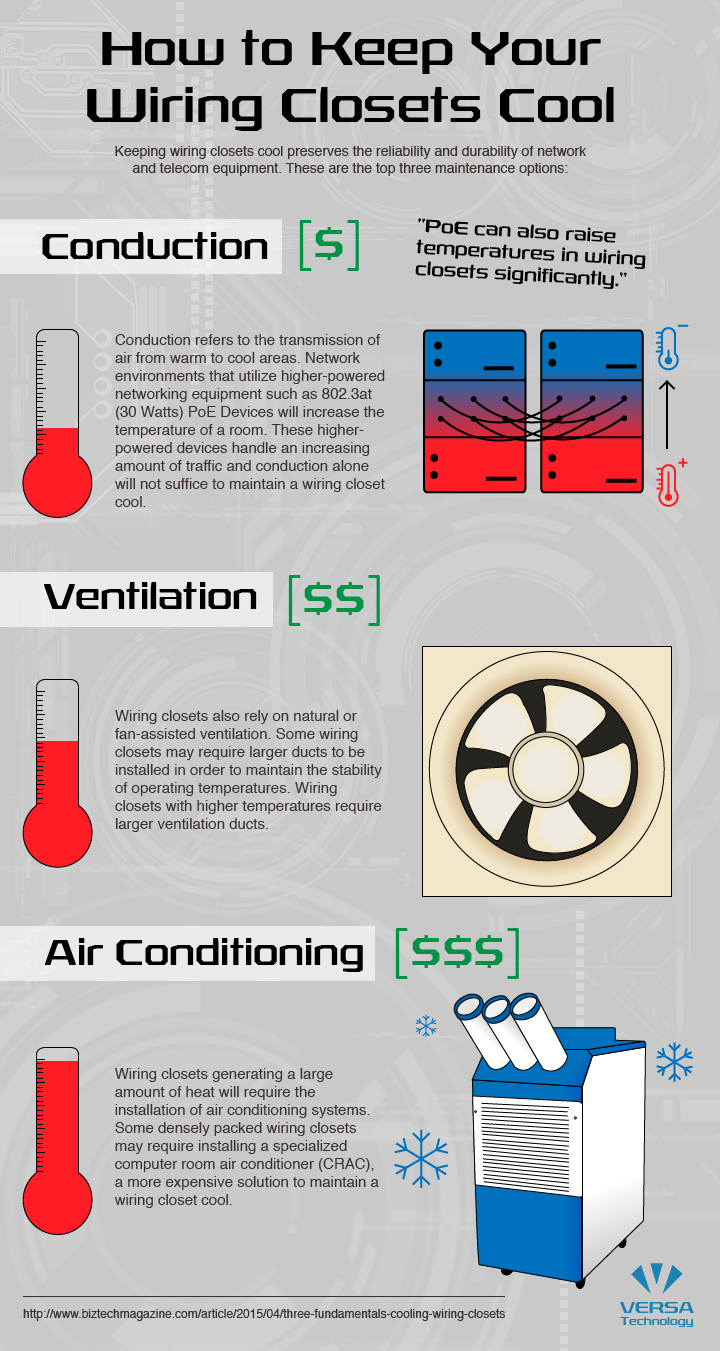The Ultimate Overview To Understanding Warmth Pumps - How Do They Work?
The Ultimate Overview To Understanding Warmth Pumps - How Do They Work?
Blog Article
Material Composed By-Gissel Gylling
The very best heat pumps can conserve you substantial amounts of cash on power bills. They can also help reduce greenhouse gas exhausts, especially if you use electricity instead of nonrenewable fuel sources like lp and home heating oil or electric-resistance heating systems.
Heat pumps function significantly the same as ac system do. This makes them a sensible choice to traditional electric home furnace.
Exactly how They Function
Heat pumps cool down homes in the summertime and, with a little aid from power or gas, they give some of your home's home heating in the winter months. They're a great choice for people who want to minimize their use nonrenewable fuel sources but aren't all set to replace their existing heater and a/c system.
They rely upon the physical truth that also in air that appears too cold, there's still power present: cozy air is always moving, and it wishes to relocate into cooler, lower-pressure atmospheres like your home.
Many power celebrity certified heat pumps operate at near to their heating or cooling ability throughout the majority of the year, decreasing on/off biking and saving energy. For the very best efficiency, concentrate on systems with a high SEER and HSPF ranking.
The Compressor
The heart of the heat pump is the compressor, which is likewise referred to as an air compressor. This mechanical streaming tool utilizes possible energy from power creation to boost the pressure of a gas by decreasing its quantity. It is various from a pump because it only works on gases and can't collaborate with liquids, as pumps do.
Climatic air enters the compressor with an inlet shutoff. It circumnavigates vane-mounted arms with self-adjusting size that split the interior of the compressor, creating numerous cavities of differing dimension. The rotor's spin pressures these tooth cavities to move in and out of phase with each other, pressing the air.
The compressor attracts the low-temperature, high-pressure cooling agent vapor from the evaporator and compresses it right into the hot, pressurized state of a gas. This process is repeated as needed to provide home heating or cooling as required. The compressor likewise consists of a desuperheater coil that reuses the waste warm and adds superheat to the refrigerant, transforming it from its liquid to vapor state.
The Evaporator
The evaporator in heat pumps does the same thing as it performs in refrigerators and air conditioning system, changing fluid refrigerant right into a gaseous vapor that gets rid of warm from the space. Heat pump systems would not work without this crucial piece of equipment.
This part of the system lies inside your home or structure in an interior air trainer, which can be either a ducted or ductless device. Suggested Internet site contains an evaporator coil and the compressor that compresses the low-pressure vapor from the evaporator to high pressure gas.
Heat pumps soak up ambient heat from the air, and after that utilize electrical energy to transfer that warmth to a home or organization in home heating mode. That makes them a great deal a lot more energy efficient than electrical heaters or furnaces, and due to the fact that they're utilizing clean electricity from the grid (and not shedding fuel), they additionally create far fewer emissions. air conditioning installation companies near me 's why heat pumps are such fantastic ecological choices. (In addition to a huge reason why they're becoming so popular.).
residential air conditioner .
Heat pumps are excellent choices for homes in cool climates, and you can use them in combination with typical duct-based systems and even go ductless. They're a great alternative to nonrenewable fuel source furnace or conventional electric heating systems, and they're a lot more lasting than oil, gas or nuclear cooling and heating tools.
Your thermostat is one of the most essential element of your heatpump system, and it functions really in a different way than a conventional thermostat. All mechanical thermostats (all non-electronic ones) work by using compounds that transform size with increasing temperature level, like curled bimetallic strips or the broadening wax in a cars and truck radiator valve.
These strips contain 2 different sorts of metal, and they're bolted with each other to create a bridge that completes an electric circuit linked to your HVAC system. As the strip obtains warmer, one side of the bridge broadens faster than the other, which causes it to flex and signal that the heating unit is required. When the heat pump is in home heating setting, the turning around shutoff reverses the circulation of cooling agent, so that the outside coil now functions as an evaporator and the interior cylinder ends up being a condenser.